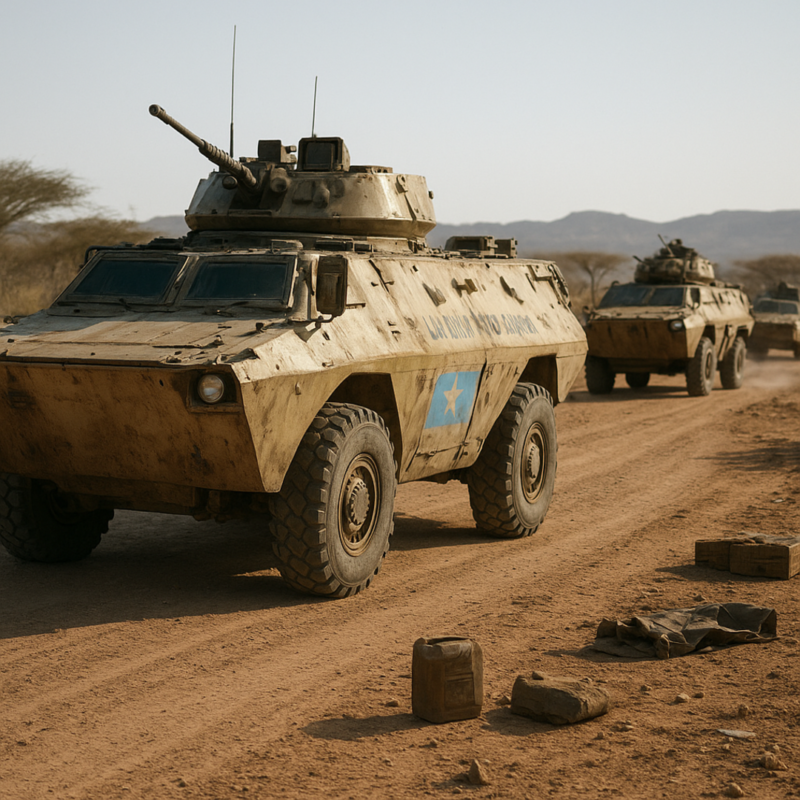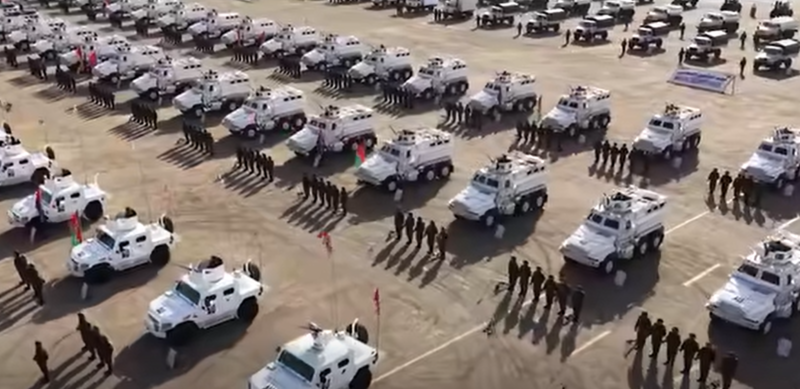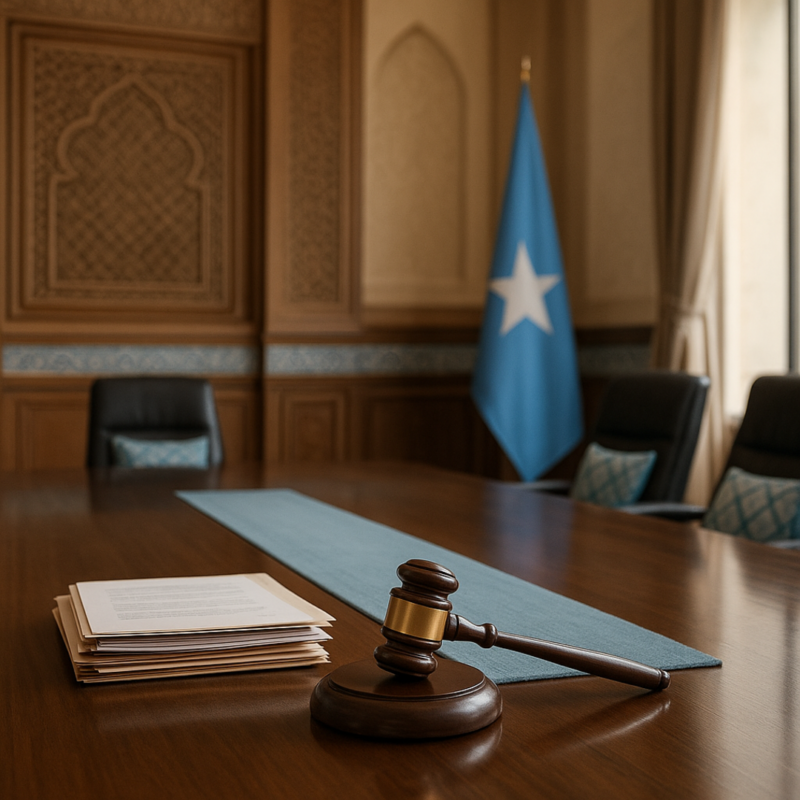Awdhiigle, Lower Shabelle – The Commander of the Somali National Army’s Ground Forces has issued a stern warning to military commanders and unit leaders over the growing infiltration of Khat, locally known as Miraa, into army bases and frontline positions, alleging that the narcotic trade is being exploited by the militant group Al-Shabaab.
Speaking to troops stationed in Awdhiigle, Lower Shabelle region, the commander said intelligence reports indicate that Al-Shabaab operatives are facilitating the delivery of Khat to government positions, using it as a means to weaken troop discipline and readiness. He instructed unit leaders to immediately crack down on traders and suppliers involved in this network, emphasizing that such operations directly endanger the country’s security.
The commander expressed grave concern that the habitual use of Khat among soldiers has become a serious operational risk. According to him, many Al-Shabaab attacks occur at dawn — precisely when some troops are asleep or fatigued after long nights of chewing the stimulant. This pattern, he said, is no coincidence, and reflects a strategic exploitation by the militants of weaknesses in the army’s discipline.
Military analysts have long warned that Khat use undermines effectiveness in combat zones, reducing alertness, impairing judgment, and contributing to lapses in coordination during critical hours. In areas like Awdhiigle, where government forces face persistent militant threats, maintaining vigilance can mean the difference between life and death.
The commander’s remarks have sparked a broader discussion within security circles about the need for stricter regulation of goods entering military zones and stronger awareness campaigns among soldiers about the risks associated with Khat.
For many troops, the stimulant offers a brief escape from the hardships of frontline life — but as the commander’s warning made clear, it also offers Al-Shabaab an unexpected weapon: the complacency of those meant to defend Somalia’s future.




